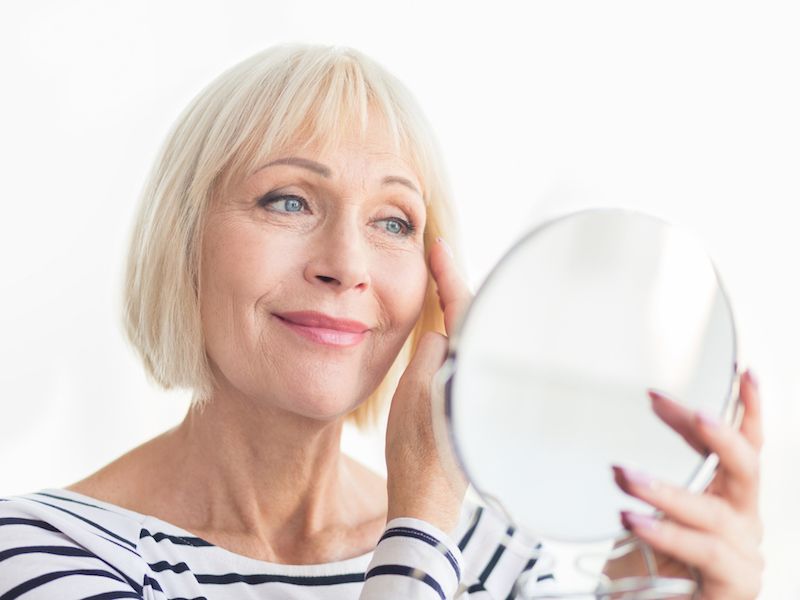Seems as if we’re constantly trying to stay youthful. From gym memberships to Botox to wrinkle cream to special diets, we spend countless hours each day doing what we can to slow the steady march of aging. And yet, even with all that effort (and all that time), the one thing that might actually work, we often avoid: using ear protection.
Many people most likely consider hearing loss as inevitable as we age. But it’s not as simple as that. By safeguarding your ears (and treating them with a bit of kindness on the way), you can help prevent damage and keep your hearing in good condition. And as the years go on, great hearing can have significant anti-aging rewards.
Aging And Hearing
The actual passing of time is not usually what we are describing when we talk about aging. Rather, “aging” usually refers to the appearance of certain physical, mental, or emotional attributes that we associate with aging. A good example of this is joint pain. When your knees begin to bother you, you might relate that with “growing old”. But it’s not age alone that leads to the issue (your regular 5-mile run could have something to do with it, also).
The same is true of many types of hearing loss. There’s an accumulation of damage as you age. The build-up of damage, in most instances, is the real cause of hearing degeneration. And it’s typically downhill from there. Neglected hearing loss has been associated with several other signs of aging:
- The onset of mental problems, including dementia, can sometimes be accelerated by neglected or undetected hearing loss.
- In some cases, the mental burden associated with attempting to hear can result in issues like memory loss or insomnia. And that can make you feel like you’re getting old in an especially profound way.
- Anxiety and depression have been demonstrated to have a significant connection to hearing loss.
- Untreated hearing loss might cause you to isolate yourself from family or friends.
So How do I Overcome Age-Related Hearing Loss?
When you battle the “signs of aging” in your ears, you’re really placing an emphasis on controlling damage. And fortunately, there are quite a few ways to accomplish that. For example, you can:
- Wear ear protection to work if your job exposes you to loud noise. Current ear muffs have excellent technology that can allow you to hear voices with clarity while eliminating loud, damaging environmental sounds.
- As much as you can, avoid loud noises. If you have to expose yourself to loud noise, use hearing protection. So make sure you wear earplugs when you go to that rock concert.
- Become more aware. You can still have harm to your hearing even if sounds aren’t painfully loud. Moderate noise for extended periods of time can cause harm to your ears, too.
All of these actions will help safeguard your hearing. But there’s one more thing you can do to keep your hearing in fighting condition: schedule an appointment with us for a hearing test. Catching hearing loss before it’s perceptible can be accomplished by having regular screenings. Even if your hearing is perfectly normal, an exam will still be able to provide a useful baseline to compare against future results.
Wear Hearing Aids to Keep Your Ears Healthy
We live in a loud world. Despite your best effort to take care of your hearing, you still might eventually notice some hearing loss. If that’s the case, it’s essential that you get help as soon as possible. A good pair of hearing aids can help counter some of the so-called age-related problems related to hearing impairments.
Hearing aids can assist your hearing to function more youthfully, kind of like a facelift for your ears. And that can help keep depression, dementia, and other problems at bay. The example isn’t perfect, because hearing aids are necessary and a facelift isn’t, but you get the idea. You may look younger if you use wrinkle cream. But your best bet, if want to feel younger, is to deal with your hearing loss and protect your hearing.




